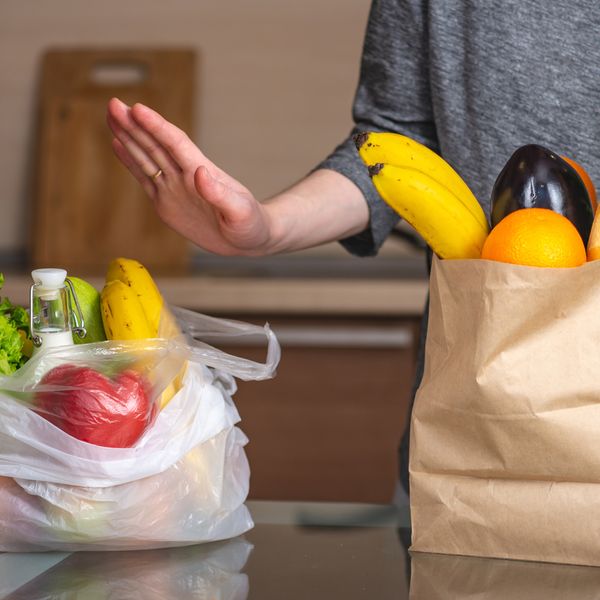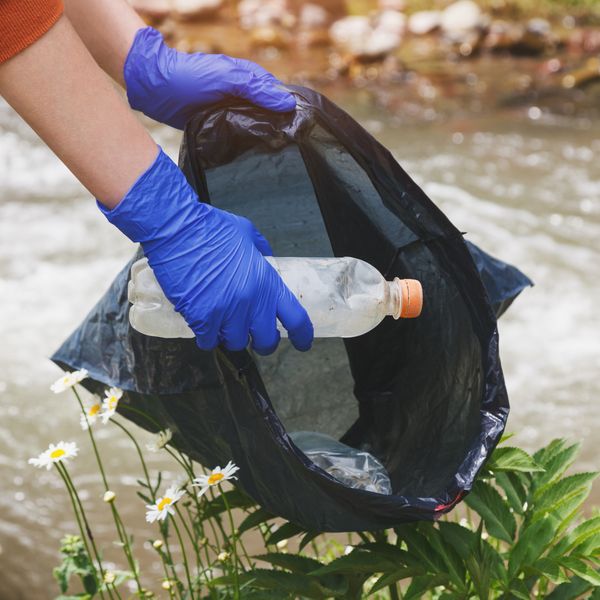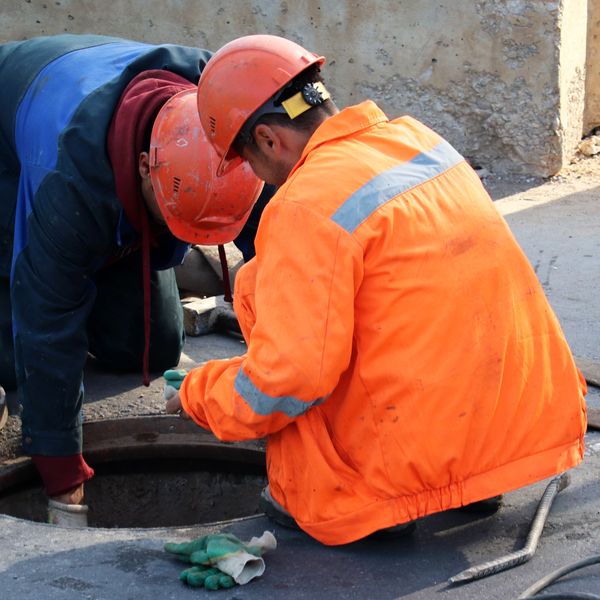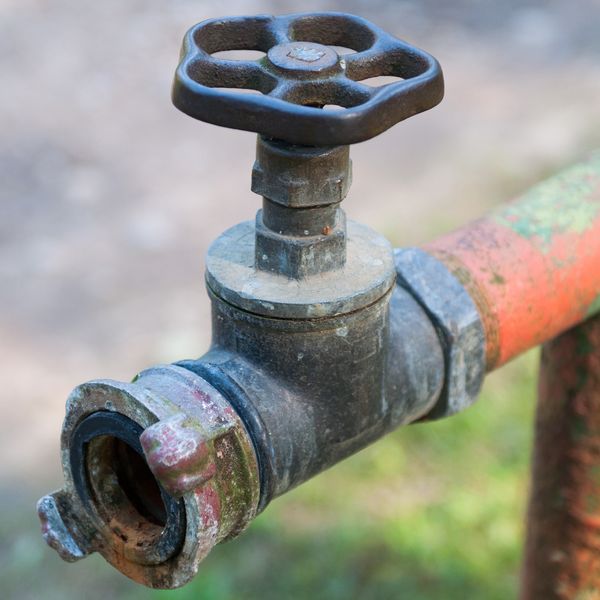State Updates
Ban on single-use bags takes effect in ME
Maine’s statewide ban on single-use plastic carry-out bags and polystyrene foam disposable food service containers was supposed to take effect in January 2021. However, because of the pandemic, the Maine Department of Environmental Protection postponed enforcement of the laws until July 1, 2021. During the pandemic, many retailers had asked customers not to bring in their own reusable bags.
NY launches drinking water protection program
The New York State Departments of Environmental Conservation and Health launched a new initiative to help municipalities with assessing and supporting drinking water source protection programs. The Drinking Water Source Protection Program, or DWSP2, will allow up to 40 volunteer communities to work with experts on developing programs to protect public drinking water supplies.
WV seeks approval of its hazwaste program
The West Virginia Department of Environmental Protection (WVDEP) wants program approval for its state Hazardous Waste Program (HWP). The program is run by the WVDEP, the Department of Transportation’s Division of Highways, and the Public Service Commission. WVDEP held a public meeting on the subject on May 27.
TN adopts the hazardous waste GIR
Tennessee has incorporated EPA’s Hazardous Waste Generator Improvements Rule (GIR) into state regulations. Effective May 13, 2021, the rules allow state hazardous waste generators to follow the more relaxed rules for episodic generation events, when a generator exceeds the limits in place for the generator’s category (very small, small, or large quantity generator). It also includes a requirement for large quantity generators to develop a quick reference guide for the facility’s hazardous waste contingency plan.
MN draws PFAS Blueprint
The Minnesota Pollution Control Agency has released the Minnesota PFAS Blueprint – a multi-agency effort to protect families and communities from per- and polyfluoroalkyl substances (PFAS). The Blueprint lists 10 priority areas for concentrated research, drinking water and food protections, new health guidance, and cleanup and protection. The plan includes immediate, short-term, and long-term strategies that state agencies and local governments can use to prevent, manage, and clean up PFAS contamination. See: pca.state.mn.us/waste/minnesotas-pfas-blueprint.
OK encourages advanced plastic recycling
Oklahoma Governor Kevin Stitt signed a new law designed to reduce plastic waste in the state. The advanced recycling legislation expands plastic recycling technology to convert more post-use plastics into usable products. This state joins ten others in encouraging the use of post-use plastics as materials in manufacturing.
IA reports on sulfur dioxide rule
The Iowa Department of Natural Resources is looking for public comments on its 2021 report for the sulfur dioxide (SO2) Data Requirements Rule. The rule requires an annual assessment of recent SO2 emissions in any area where air quality modeling of actual emissions provided the basis for designating the area in attainment for the 2020 1-hour SO2 national ambient air quality standard.
MT saves history using Brownfields Program
The Montana Department of Environmental Quality says no further corrective action is required by a grain elevator owner under the Brownfields Program. The historic grain elevator was scheduled for demolition after a 2016 windstorm damaged the roof. Citizens in Teslow formed a preservation group to save the building, which required an asbestos abatement project.
NV releases 2021 air monitoring plan, report
The Nevada Bureau of Air Quality Planning posted its 2021 Annual Ambient Air Monitoring Network Plan for public comments. The plan includes the 2021 Lake Tahoe Carbon Monoxide Surrogate Monitoring Report and the 2021 Annual Emissions Report for the 2015 Sulfur Dioxide National Ambient Air Quality Standard.
OR DEQ launches one-stop services website
The Oregon Department of Environmental Quality (DEQ) will allow regulated industries to apply for permits, make payments, and search data all in one website. The agency says Your DEQ Online will be rolled out in phases, with new programs slated to be added soon. Natural gas suppliers and electricity generators will report their greenhouse gas emissions through the website and companies that transport gasoline in the state will submit their permit applications through the site as well.






















































